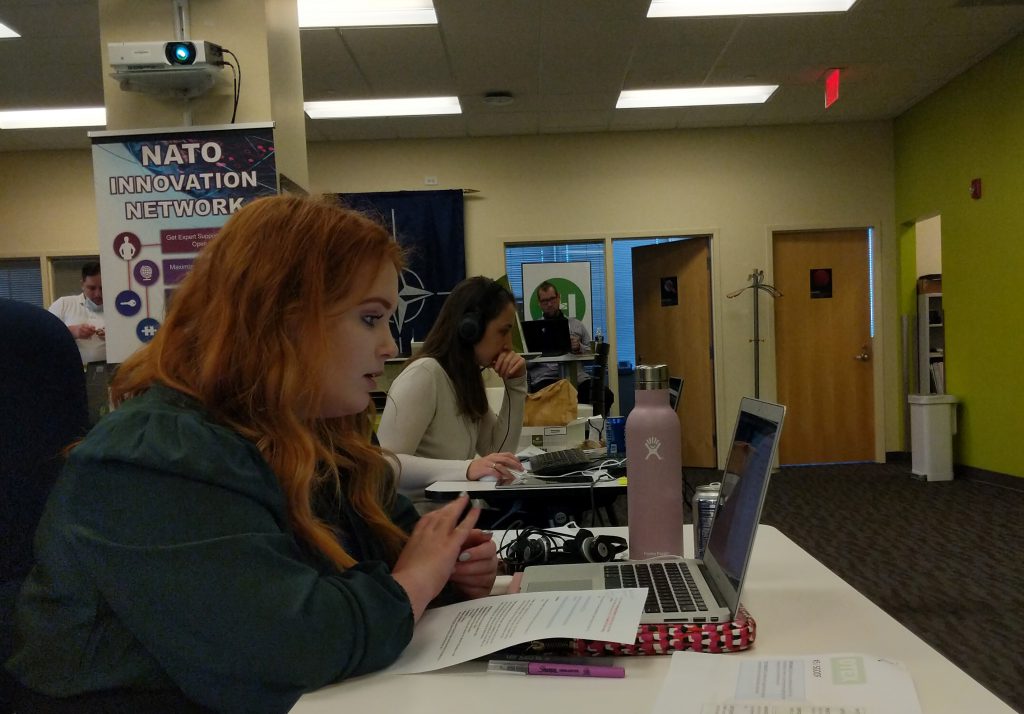– Mickella Rast
Action: Also called a case or lawsuit. A civil judicial proceeding where one party sues another for a wrong done, or to protect a right or to prevent a wrong.
Appeal: To ask a higher court to reverse the decision of a trial court after final judgment or other legal ruling.
Case: A lawsuit or action in a court.
Complaint: the first document filed with the court (actually with the County Clerk or Clerk of the Court) by a person or entity claiming legal rights against another.
Declaratory relief: a judge’s determination of the parties’ rights under a contract or a statute often requested in a lawsuit over a contract.
Defendant: the party sued in a civil lawsuit or the party charged with a crime in a criminal prosecution.
Hearing: A proceeding, generally public, at which an issue of fact or law is discussed and either party has the right to be heard.
Injunctive relief: a court-ordered act or prohibition against an act or condition which has been requested, and sometimes granted, in a petition to the court for an injunction.
Lawsuit: a common term for a legal action by one person or entity.
Malfeasance: Doing something illegal or morally wrong. Malfeasance includes dishonesty and abuse of authority.
Plaintiff: the party who initiates a lawsuit by filing a complaint with the clerk of the court against the defendant(s) demanding damages, performance and/or court determination of rights.
Provisional remedy: A temporary court order to protect someone from further or irreparable damage while further legal action is pending.
Sources: www.jud.ct.gov, www.uscourts.gov, usa.usembassy.de, www.americanbar.org
Mickella Rast
mjrast@vwu.edu

